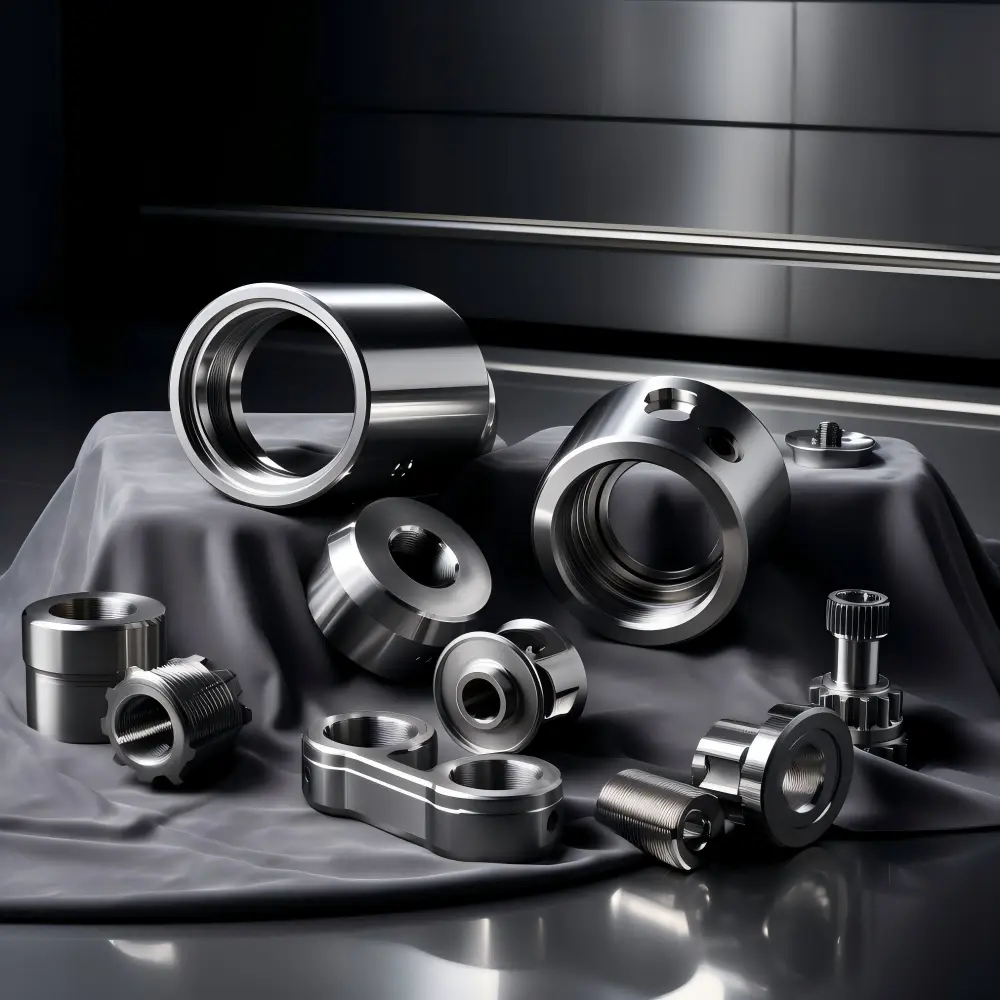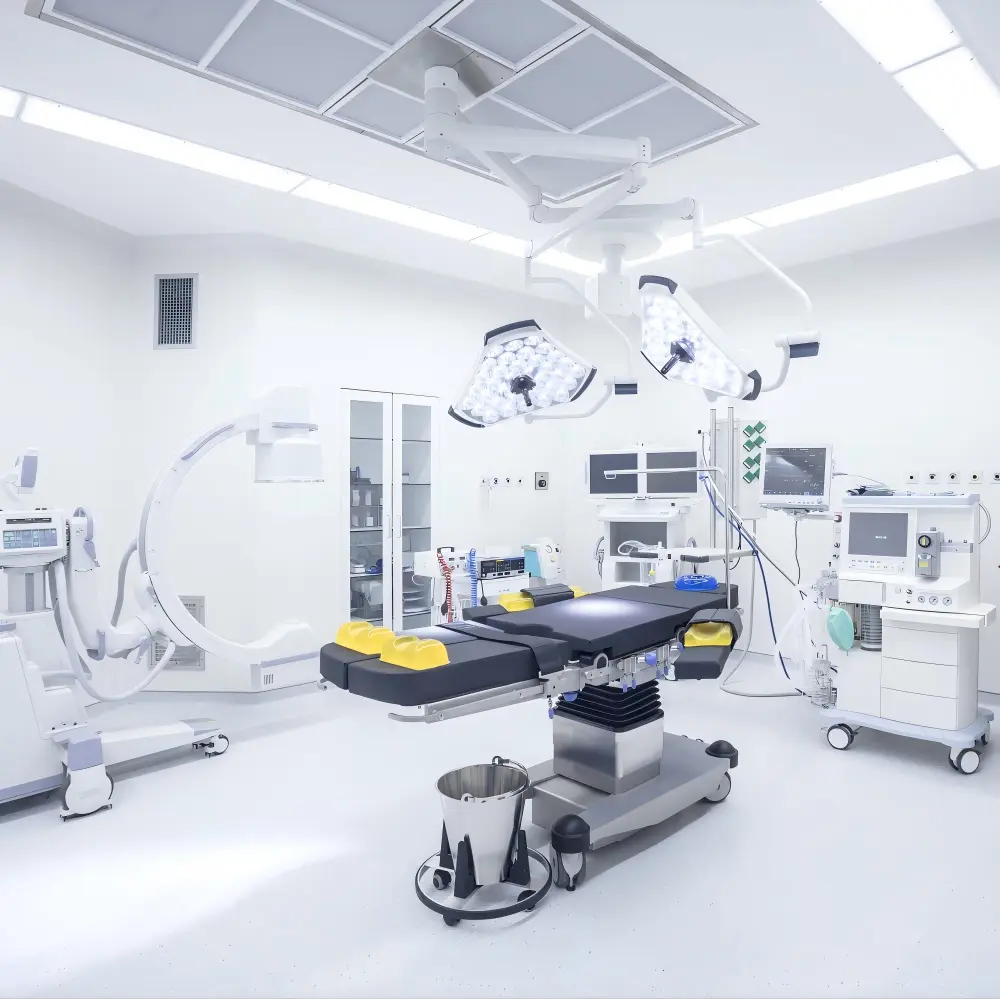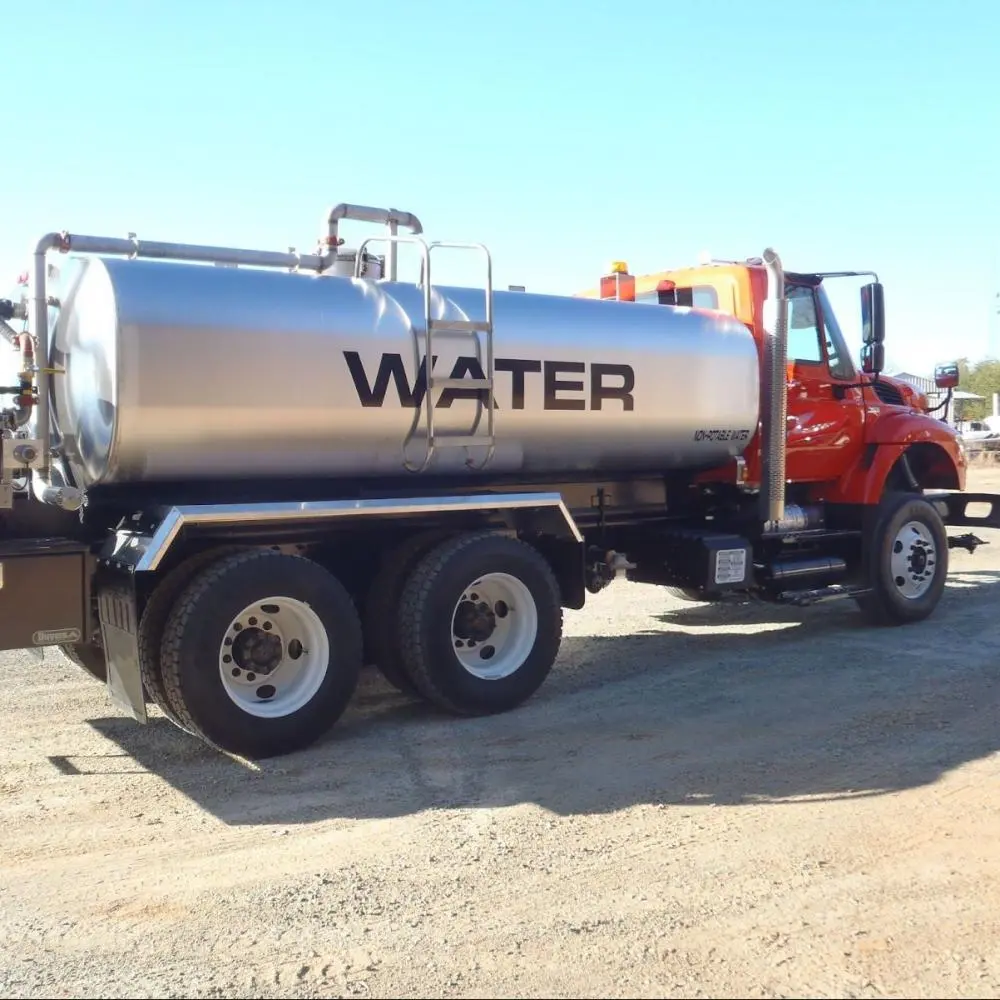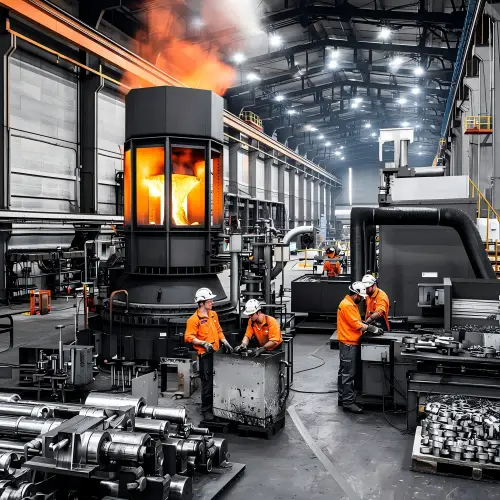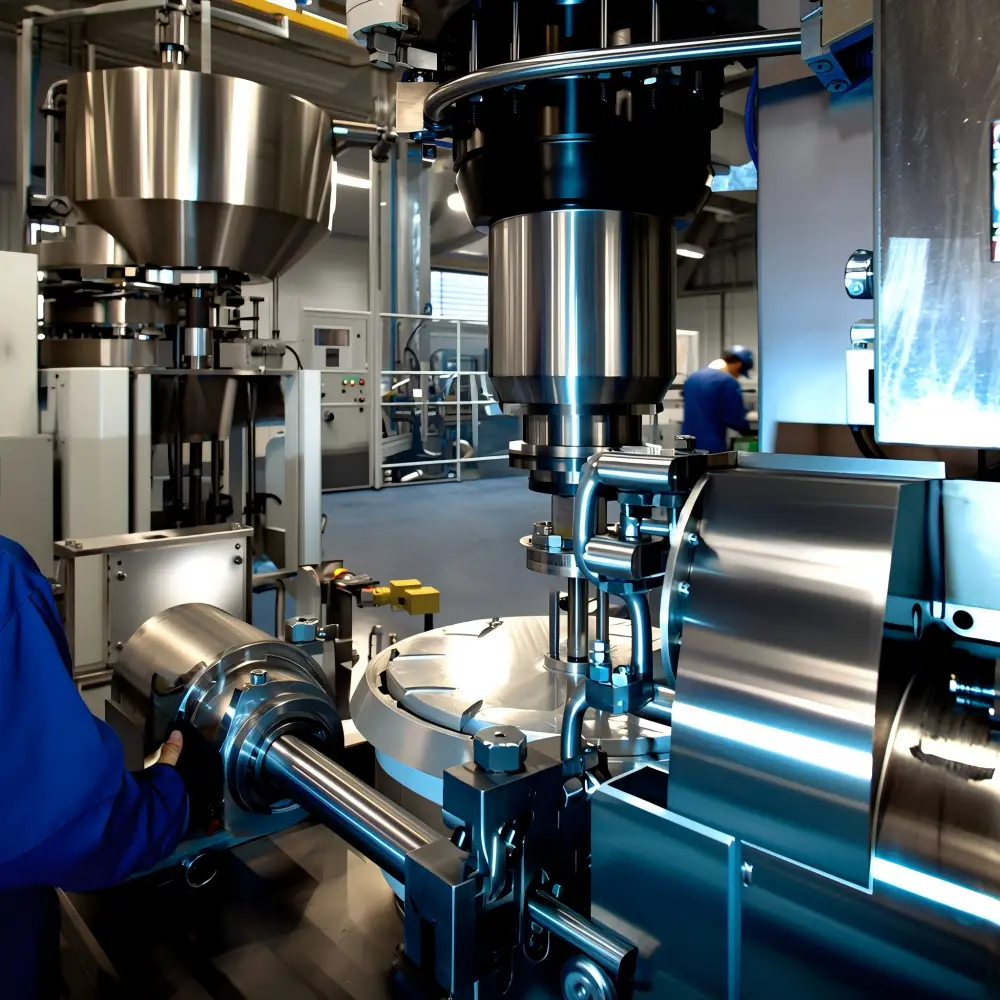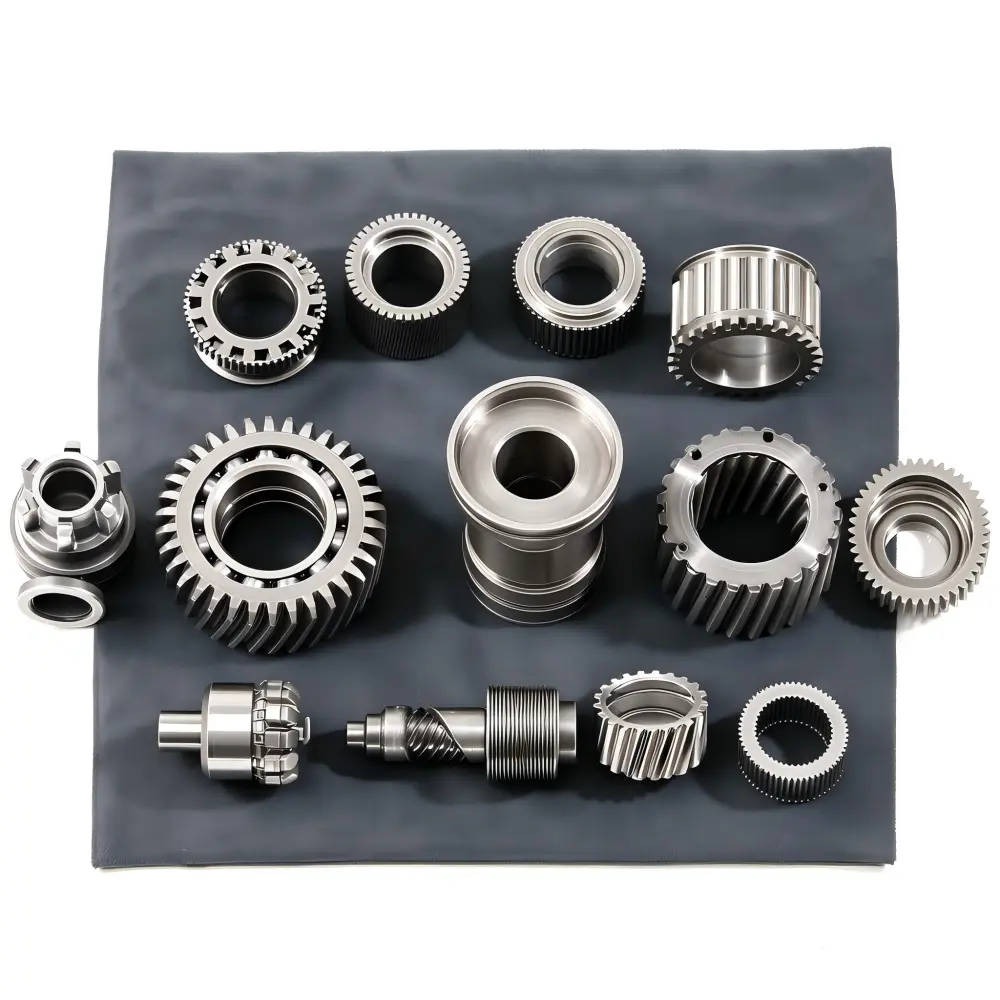How to evaluate leading suppliers of precision casting for medical equipment investment
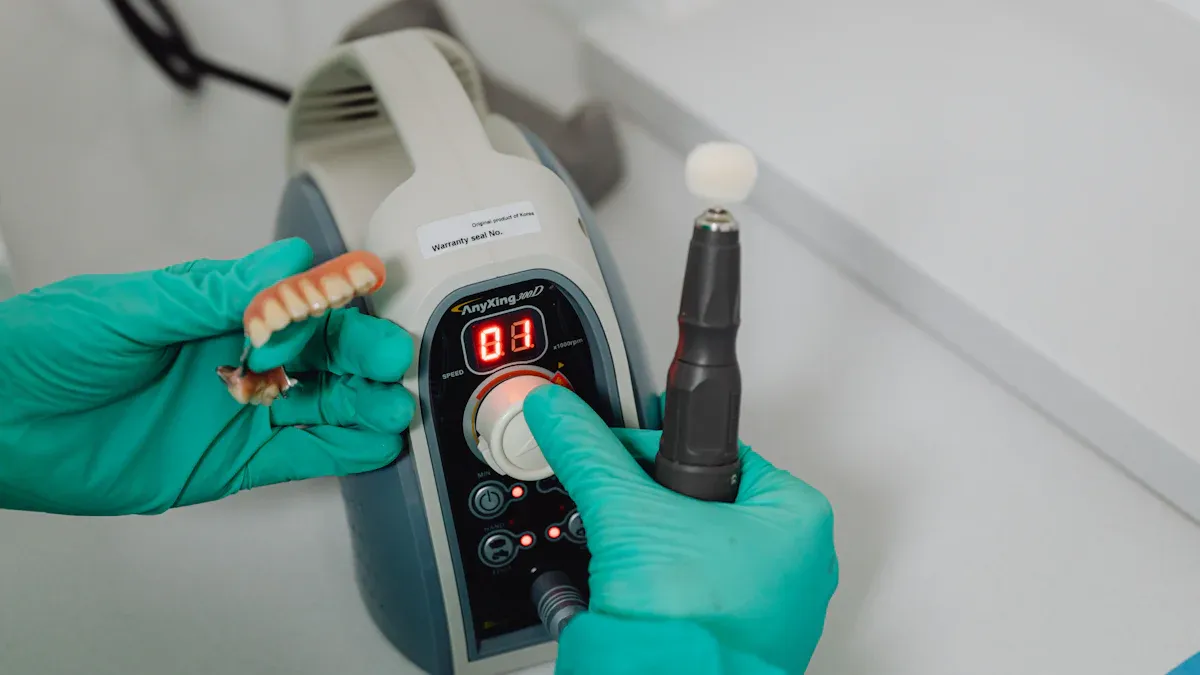
Evaluating suppliers of investment castings used in medical devices is crucial for ensuring patient safety and product reliability. The growing demand for investment precision castings used in medical devicesunderscores the importance of thorough assessments. Poor supplier choices can compromise compliance with industry standards, putting at risk the intricate geometries and biocompatible materials required for Precision Castings used in medical devices. As the need forhigh precision castings for medical devices continues to rise, selecting the right supplier becomes even more critical.
Key Takeaways
- Pick suppliers who know how to use safe materials for medical devices.
- Always choose suppliers with ISO 13485 certification to follow industry rules.
- Work with suppliers who can make more products if needed later.
Key Evaluation Criteria for Investment Precision Castings Used in Medical Devices

Material Expertise and Biocompatibility
When it comes to investment precision castings used in medical devices, material expertise is non-negotiable. Suppliers must demonstrate a deep understanding of biocompatible materials, ensuring they meet stringent medical standards. For example, alloys like Zr61Ti2Cu25Al12 and Mg69Zn27Ca4 have shown promising results in bio-related applications, with high viability rates in cytotoxicity assays. Suppliers should also provide detailed documentation on material properties, including corrosion resistance and mechanical strength, to ensure compatibility with medical environments.
| Evidence Description | Result | Comparison |
|---|---|---|
| In vivo study on Zr61Ti2Cu25Al12 BMG implant in rats | Confirmed excellent candidate for bio-related applications | Load-bearing capability |
| Cytotoxicity assay of Mg69Zn27Ca4 to MC3T3-E1 cells | 90% viability compared to control group | Higher than pure Mg |
| Viability of rabbit primary osteoblasts from Mg60Zn35Ca5 | Statistically same as Ti-6Al-4V for 30 days | Indicated slight cytotoxicity according to ISO 10993:5 standard |
Key Point: Suppliers with proven expertise in biocompatible materials ensure the safety and efficacy of medical devices.
Certifications and Regulatory Compliance (e.g., ISO 13485)
Certifications like ISO 13485 are essential for suppliers in the medical device industry. These certifications confirm adherence to quality management systems tailored for medical devices. Suppliers should also comply with FDA regulations and other regional standards. Rigorous compliance ensures that castings meet safety and performance benchmarks. Without these certifications, suppliers risk producing components that fail to meet industry requirements, jeopardizing patient safety.
Key Point: Always prioritize suppliers with ISO 13485 certification and a proven track record of regulatory compliance.
Production Capacity and Scalability
Production capacity plays a critical role in supplier evaluation. Suppliers must demonstrate the ability to handle large-scale production runs while maintaining quality. Scalability is equally important, as demand for medical devices can fluctuate. Facilities equipped for flexible production ensure timely delivery without compromising precision.
- Assess suppliers’ ability to meet volume requirements.
- Look for facilities capable of scaling operations based on demand.
- Ensure production flexibility to adapt to market changes.
Key Point: Choose suppliers with scalable production capabilities to meet both current and future demands.
Quality Control and Inspection Processes
Quality control is the backbone of precision casting. Suppliers should implement stringent inspection processes, including unit-by-unit testing and CNC machining quality checks. Real-time data collection systems, such as SPC, help monitor machining processes and catch deviations early. These measures ensure zero-defect goods and consistent quality.
- Mandatory inspections and equipment checkups increase success rates.
- CNC machining quality control detects issues early, reducing waste.
- Real-time monitoring prevents defects and maintains consistency.
Key Point: Suppliers with robust quality control processes deliver reliable and defect-free castings.
Industry Experience and Reputation
Experience matters. Suppliers with a strong reputation in the medical device industry bring valuable expertise to the table. Case studies, such as Dawang Metals’ 96.5% yield improvement in turbine blade manufacturing, highlight their advanced capabilities. Look for suppliers with documented success in precision casting and long-term partnerships with industry leaders.
- Dawang Metals: Improved yield to 96.5% in aircraft engine turbine blade manufacturing.
- Performance Machine Technologies: Reduced coolant concentration by 78%, showcasing commitment to quality.
- Leading Indian Auto and Aerospace Parts Manufacturer: Lowered coolant consumption by 22%, demonstrating expertise.
Key Point: Suppliers with proven industry experience and a solid reputation ensure reliability and innovation.
Characteristics of Top Suppliers in the Medical Device Industry
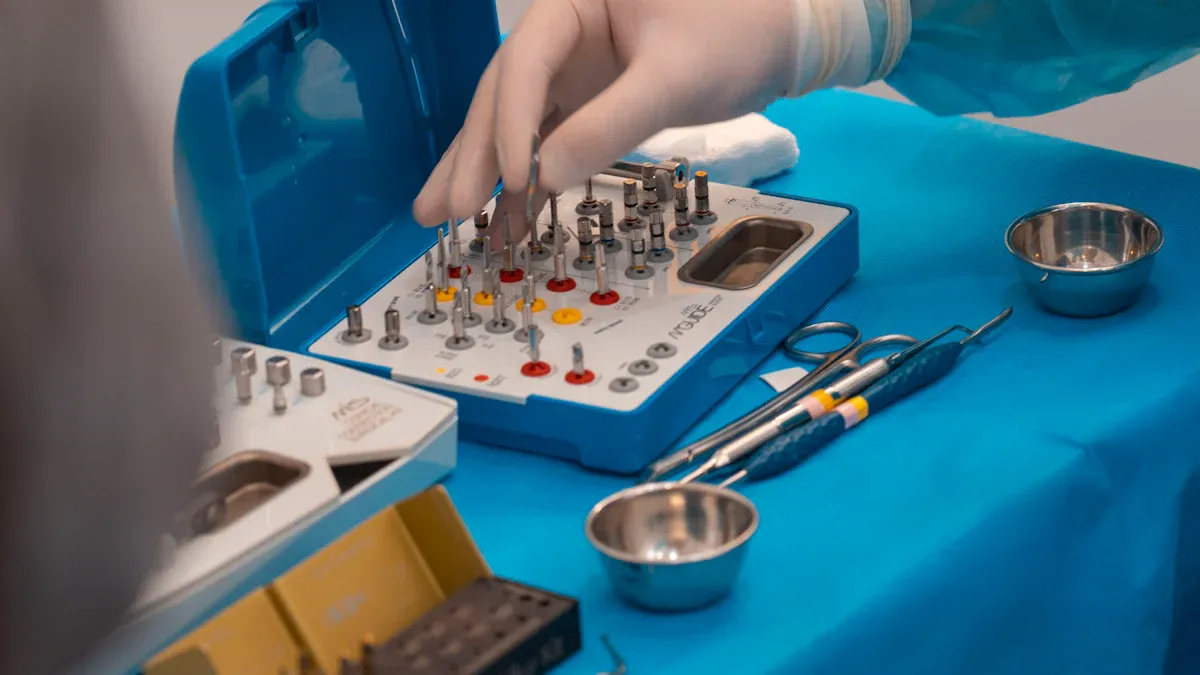
Advanced Manufacturing Technology (e.g., 3D printing integration)
Top suppliers leverage advanced manufacturing technologies like 3D printing to stay ahead in the competitive medical device industry. This technology enables the creation of intricate and lightweight structures, which are essential for modern medical applications. For instance, 3D printing allows for the production of complex geometries that traditional methods struggle to achieve. It also reduces material waste, making it an eco-friendly choice.
| Metric | Description |
|---|---|
| Dimensional Accuracy | 3D printed patterns achieve high accuracy, essential for complex designs in Casting Processes. |
| Production Time | Integration of AM can reduce production time compared to conventional methods. |
| Complexity of Design | AM allows for more complex geometries that are difficult or costly to produce traditionally. |
| Eco-friendliness | AM processes can reduce material waste compared to conventional casting methods. |
| Cost | AM can be more economical for producing intricate designs, especially in medical applications. |
By integrating 3D printing with investment precision castings used in medical devices, suppliers meet evolving customer demands while enhancing efficiency and innovation.
Key Point: Advanced manufacturing technologies unlock new possibilities for precision and sustainability.
Commitment to Sustainability and Ethical Practices
Sustainability and ethics are no longer optional in today’s market. Leading suppliers adopt eco-friendly practices, such as reducing material waste and optimizing energy use. They also ensure ethical sourcing of raw materials, which aligns with the growing demand for socially responsible manufacturing. These efforts not only benefit the environment but also build trust with clients in the medical device industry.
Key Point: Suppliers committed to sustainability and ethics foster long-term partnerships and industry credibility.
Strong Customer Support and Transparent Communication
Strong customer support sets top suppliers apart. They use real-time feedback systems, like chat support, to address issues promptly. Customer satisfaction surveys, including metrics like Net Promoter Score (NPS) and Customer Satisfaction Score (CSAT), help suppliers identify areas for improvement. Closing the feedback loop by informing clients about actions taken based on their input builds transparency and trust.
- Real-time feedback mechanisms allow immediate issue reporting.
- Surveys like NPS and CSAT measure customer sentiment effectively.
- Transparent communication strengthens client relationships.
Key Point: Transparent and responsive customer support ensures client satisfaction and loyalty.
Proven Track Record with Case Studies (e.g., Vestshell, AMT)
A proven track record demonstrates reliability. Suppliers like Vestshell and AMT showcase their expertise through case studies that highlight successful projects. These examples provide insights into their ability to handle complex requirements, such as producing high-precision components for medical devices. A history of delivering quality products on time solidifies their reputation as industry leaders.
Key Point: Case studies and a strong track record validate a supplier’s capabilities and reliability.
Industry-Specific Considerations for Medical Devices
Precision and Tolerance Requirements
Precision and tolerance are critical in the medical device industry, where even minor deviations can compromise functionality or patient safety. Suppliers must meet stringent dimensional accuracy standards to ensure components fit and function as intended. Various inspection methods help achieve this precision:
| Inspection Method | Description | Application in Medical Devices |
|---|---|---|
| Dimensional Inspection | Measures complex shapes and surfaces to ensure compliance. | Ensures parts meet stringent tolerances for safety. |
| Fixed Gauges | Custom tools for quick compliance checks without detailed measurements. | Useful for verifying critical dimensions quickly. |
| Adjustable Gauges | Versatile tools for measuring internal features like holes and threads. | Essential for parts with varying internal dimensions. |
| Form Measuring Machines | Inspects geometric form to ensure proper function. | Critical for ensuring parts fit and function correctly. |
Key Point: Suppliers with robust inspection processes ensure precision and compliance with medical device requirements.
Adherence to Medical Industry Standards
Compliance with medical industry standards is non-negotiable. Suppliers must align with ISO 13485 and FDA regulations to ensure safety and reliability. These standards govern every aspect of production, from material selection to final inspection. Adherence demonstrates a supplier’s commitment to quality and builds trust with clients.
Key Point: Suppliers that strictly follow medical industry standards deliver safe and reliable components.
Risk Management and Traceability
Effective risk management and traceability systems are vital for minimizing defects and ensuring accountability. Advanced tools like LineWorks SPACE enable suppliers to monitor manufacturing quality across multiple sites. This system manages extensive control charts daily, ensuring compliance with ISO 9000 traceability requirements. Additionally, linking payments to quality outcomes incentivizes upstream suppliers to maintain high standards, reducing risks associated with defects.
Key Point: Comprehensive risk management and traceability systems enhance product quality and reduce defects.
Customization Capabilities for Complex Geometries
Medical devices often require intricate designs that demand advanced customization capabilities. Investment precision castings used in medical devices excel in producing complex geometries with high accuracy. Suppliers can accommodate a wide range of metals and alloys, tailoring material properties to specific needs.
| Aspect | Details |
|---|---|
| Complex Shapes | Casting is ideal for producing intricate components with complex geometries. |
| Material Variety | Accommodates a wide range of metals and alloys, allowing tailored material properties. |
| Cost-Effectiveness | More economical for large production runs or detailed designs due to mold reuse and minimal post-processing. |
Design considerations like draft angles (1-3 degrees for vertical surfaces) and fillet radii (minimum 3mm for internal corners) further optimize casting outcomes. Suppliers with expertise in these areas can deliver components that meet both functional and aesthetic requirements.
Key Point: Customization capabilities enable suppliers to produce intricate and high-performing components for medical devices.
How to Compare Suppliers of Investment Precision Castings
Reviewing Case Studies and Client Testimonials
Case studies and client testimonials provide valuable insights into a supplier's capabilities and reliability. They highlight real-world examples of how suppliers have solved challenges or delivered exceptional results. For instance, detailed case studies often showcase measurable improvements, such as reduced defect rates or faster production times. These examples help potential clients understand the supplier's expertise and problem-solving skills.
| Type of Evidence | Description |
|---|---|
| Quantitative Evidence | Measurable data such as the percentage of on-time deliveries. |
| Qualitative Evidence | Descriptive testimonials about a supplier’s ability to fill orders with short lead times. |
Additionally, testimonials from satisfied customers can reveal a supplier's strengths. Quotes or anecdotes often highlight positive experiences, such as timely deliveries or excellent customer service. By reviewing these resources, businesses can gauge whether a supplier aligns with their needs.
Key Point: Case studies and testimonials offer a window into a supplier's track record and reliability.
Requesting Prototypes and Samples
Prototypes and samples allow businesses to evaluate a supplier's quality and precision firsthand. These tangible examples demonstrate whether the supplier can meet specific requirements, such as tight tolerances or complex geometries. Metrics like dimensional accuracy, consistency, and rework rates provide a clear picture of performance.
| KPI Element | Benchmark | Suggested Target |
|---|---|---|
| Precision Casting Dimensions | ±0.005 inches | Consistently maintain within tolerance range |
| Consistency in Client Specs | 2% variance | Under 2% variance per batch |
| Rework Rate | 15% reduction | Reduce rework by at least 15% each quarter |
| Prototype Development Speed | 72 hours vs. industry average | Achieve faster prototype development |
| Time-to-Market | 25% reduction target | Improve delivery speed |
For example, a supplier that delivers prototypes within 72 hours—faster than the industry average—demonstrates efficiency and responsiveness. Similarly, maintaining a rework rate below 15% signals a commitment to quality. Businesses should request prototypes to assess these factors and ensure the supplier can meet their expectations.
Key Point: Prototypes and samples provide a hands-on way to evaluate a supplier's capabilities and quality standards.
Assessing Lead Times and Delivery Reliability
Timely delivery is critical in the medical device industry, where delays can disrupt production schedules. Evaluating a supplier's lead times and delivery reliability helps businesses avoid such issues. Key metrics include on-time delivery rates, quality defect rates, and lead time variability.
- On-Time Delivery Rate: Measures the percentage of orders delivered within the agreed timeframe.
- Quality Defect Rate: Tracks the number of defective products received, reflecting overall reliability.
- Lead Time Variability: Assesses the consistency of lead times, ensuring predictable production schedules.
Suppliers with high on-time delivery rates and low defect rates stand out as reliable partners. Consistent lead times further enhance trust, as businesses can plan their operations with confidence.
Key Point: Reliable lead times and delivery performance are essential for maintaining smooth production workflows.
Conducting On-Site Audits or Virtual Inspections
On-site audits or virtual inspections provide an in-depth look at a supplier's operations. These evaluations reveal whether the supplier adheres to industry standards and maintains robust quality control processes. During an audit, businesses can examine equipment, workflows, and compliance documentation.
Virtual inspections, enabled by modern technology, offer a convenient alternative. They allow businesses to assess facilities remotely, saving time and resources. Both methods help verify that the supplier can meet the stringent requirements of investment precision castings used in medical devices.
Key Point: Audits and inspections ensure transparency and confirm a supplier's ability to deliver high-quality products.
Choosing the right supplier for investment precision castings used in medical devices ensures safety and reliability. Quality, compliance, and expertise should always come first. Readers can use the evaluation criteria shared here to make smarter decisions. A thoughtful approach reduces risks and builds trust in the medical device industry.
Key Takeaway: Prioritize suppliers who meet industry standards and deliver consistent quality.
FAQ
What is the most important certification for suppliers of medical device castings?
ISO 13485 certification is crucial. It ensures the supplier follows strict quality management systems tailored for medical devices.
How can businesses verify a supplier’s quality control processes?
Request prototypes or samples. These provide a hands-on way to assess precision, consistency, and adherence to specifications.
Why is scalability important when choosing a supplier?
Scalability ensures the supplier can handle fluctuating demands without compromising quality or delivery timelines.
Tip: Always prioritize suppliers with proven scalability and a strong track record in the medical device industry.






